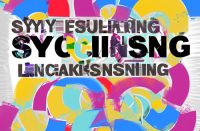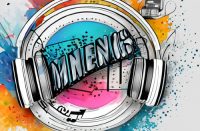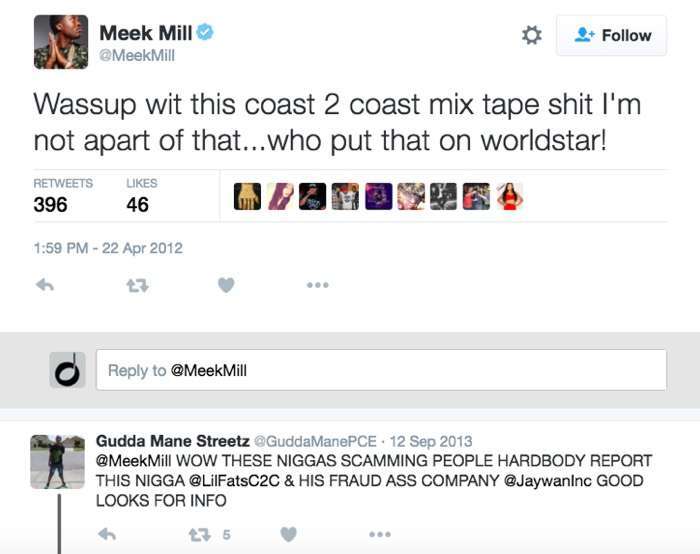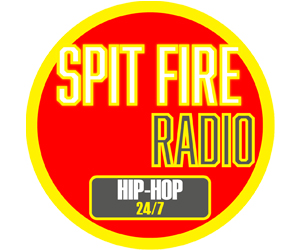by Paul Resnikoff
What happens if you don’t like the press you’re getting?
One option is to look at your business model and address the issues, or address the coverage head-on.  The other option is to try to intimidate and bully publications that disagree and criticize, even if that coverage is accurate and protected by the First Amendment.
That latter option is apparently the strategy being pursued by Coast 2 Coast Mixtapes, a service that targets aspiring, unsigned rappers while offering the possibility of label deals and success.  But instead of addressing real concerns about this questionable approach raised by Digital Music News, Coast 2 Coast Mixtapes (and its parent company, Lil Fats, Inc.) has now threatened legal action against DMN for calling it a ‘scheme’ and ‘scummy’ in a late-January guest post.
The sloppy and threatening ‘nastygram,’ sent by New York-based music attorney Cassandra Spangler, accuses Digital Music News of defamation and libel, claims ‘significant injury’ against Coast 2 Coast, while demanding the total removal of all ‘libelous references’ and screenshots of Coast 2 Coast offers from our article.  The cease-and-desist also dangles the ‘possible filing of a lawsuit against Digital Music News seeking monetary damages and an injunction’.
In response, Digital Music News has not only kept the original post intact, we’ve pursued additional investigation into Coast 2 Coast.  Because if there’s one golden rule about defamation, it’s this: it isn’t defamation if it’s true.
Here’s another rule about lawyers: they often abuse their power by making grandiose, threatening statements in an attempt to scare people without legal knowledge.  Indeed, the c&d ‘nastygram’ is often a weapon used by overly aggressive, bullying companies with extremely flimsy claims that would never stand up in court, oftentimes filled with sloppy, ill-supported, angry language.  And it all typically carries one goal: intimidation.
One problem with this reprehensible practice is that the recipient of one of these nastygrams can fire right back, and effectively call bullshit.  Which is exactly what we’re going to do.  In this case, we see a number of critical and problematic issues with the letter sent to us by Coast 2 Coast’s counsel, including several outright incorrect assertions, many of which were confirmed by the attorneys we consulted.
In fact, after reading this ridiculous letter, one attorney suggested Coast 2 Coast fire their counsel. Â For starters:
(a) Calling a business a ‘scheme’ doesn’t constitute defamation.
Far from it, a ‘scheme’ could apply to any business, including Digital Music News.  Perhaps business people prefer to call this a ‘model,’ but Google the term ‘scheme’ and you will find it technically defined as:
‘a large-scale systematic plan or arrangement for attaining some particular object or putting a particular idea into effect.’ Â
In that light, Verizon Wireless is a ‘scheme’ for producing revenues from mobile subscribers; Universal Music Group is a ‘scheme’ for attaining revenues derived from music, and Digital Music News is a ‘scheme’ for producing revenues from music industry coverage.
Perhaps the most damning aspect of our ongoing investigation into this company is how many other people are actively questioning its ethics. Â And that is most glaringly displayed by one little thing: Google Auto-Complete, which catalogs and presents the top search activity around key search terms from millions of users.
As later documented by DiNardi, Google’s top Auto-Complete around ‘Coast 2 Coast’ is ‘scam’.
Here’s a copy of the letter we received from Coast 2 Coast’s attorney, Cassandra Spangler.
Coast 2 Coast Letter to DMN by Digital Music News










